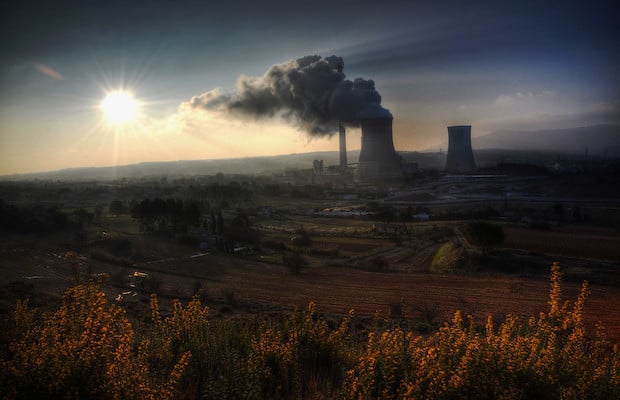

There has been a 76% reduction in proposed coal power since the Paris Agreement was signed in 2015, bringing the end of new coal construction into sight, finds a new report assessing the global pipeline of new coal projects.
This leaves 40 countries without a pre-construction pipeline, and in a position to commit to ‘no new coal’, joining 44 countries that have made this commitment since 2015. Together, they can respond to UN Secretary General Guterres’ call for ‘no new coal by 2021’.
The report entitled “No New Coal by 2021: The Collapse of the Global Coal Pipeline,” published today by independent climate change think-tank E3G, finds that action by just six countries could remove 82% of the remaining global pipeline. China alone accounts for 55% of the global total, followed by India, Vietnam, Indonesia, Turkey, and Bangladesh. The remaining pipeline is thinly spread across a further 31 countries, 16 of which are only one project away from embracing a future without coal. These countries could follow global momentum and regional peers in ending their pursuit of new coal-fired power generation.
If China follows East Asian neighbours Japan and South Korea in ending overseas coal finance, it would facilitate the cancellation of over 40GW of pipeline projects across 20 countries.
COP26, earmarked by COP President Designate Alok Sharma as “the COP that consigns coal to history,” will be a key moment for demonstrating momentum away from new coal, and for richer countries to provide support to countries in pivoting towards a coal-free future.
Coal is the single largest contributor to climate change. According to a recent UN report (IPCC SR1.5), the use of coal needs to fall 79% by 2030 on 2019 levels to meet the pledges countries signed up to in the Paris Agreement.
The report is released ahead of UN General Assembly and the High-Level Dialogue on Energy, where countries will advance their individual and collective commitments to action.
Report author Chris Littlecott, Associate Director at E3G said, “The collapse of the global coal pipeline and the rise of commitments to ‘no new coal’ are progressing hand in hand. Ahead of COP26, governments can collectively confirm their intention to move from coal to clean energy.”
He added, “The economics of coal have become increasingly uncompetitive in comparison to renewable energy, while the risk of stranded assets has increased. Governments can now act with confidence to commit to ‘no new coal’.”
“We urge governments to publicly state their intentions that no new coal plants will be built in their country. Only five years ago, there were so many new coal power plants planned to be built, but most of these have been now either officially halted, or are paused and unlikely ever to be built,” said Dave Jones, Global Programme Lead at Ember.
1. The mandate for blending Compressed Biogas (CBG) with natural gas has come into effect…
Andhra Pradesh is striving towards greening its energy sector with quite some speed. In a…
With an objective to bolster India’s green energy goals, a Tripartite Agreement has been signed…
The Union MNRE Minister Pralhad Joshi launched the Green Hydrogen Certification Scheme of India (GHCI)…
India’s energy conglomerate Bharat Petroleum Corporation Limited (BPCL) has commissioned a 5MW green hydrogen plant…
In a historical development, the European Space Agency (ESA) has successfully launched its pioneering ‘Biomass’…